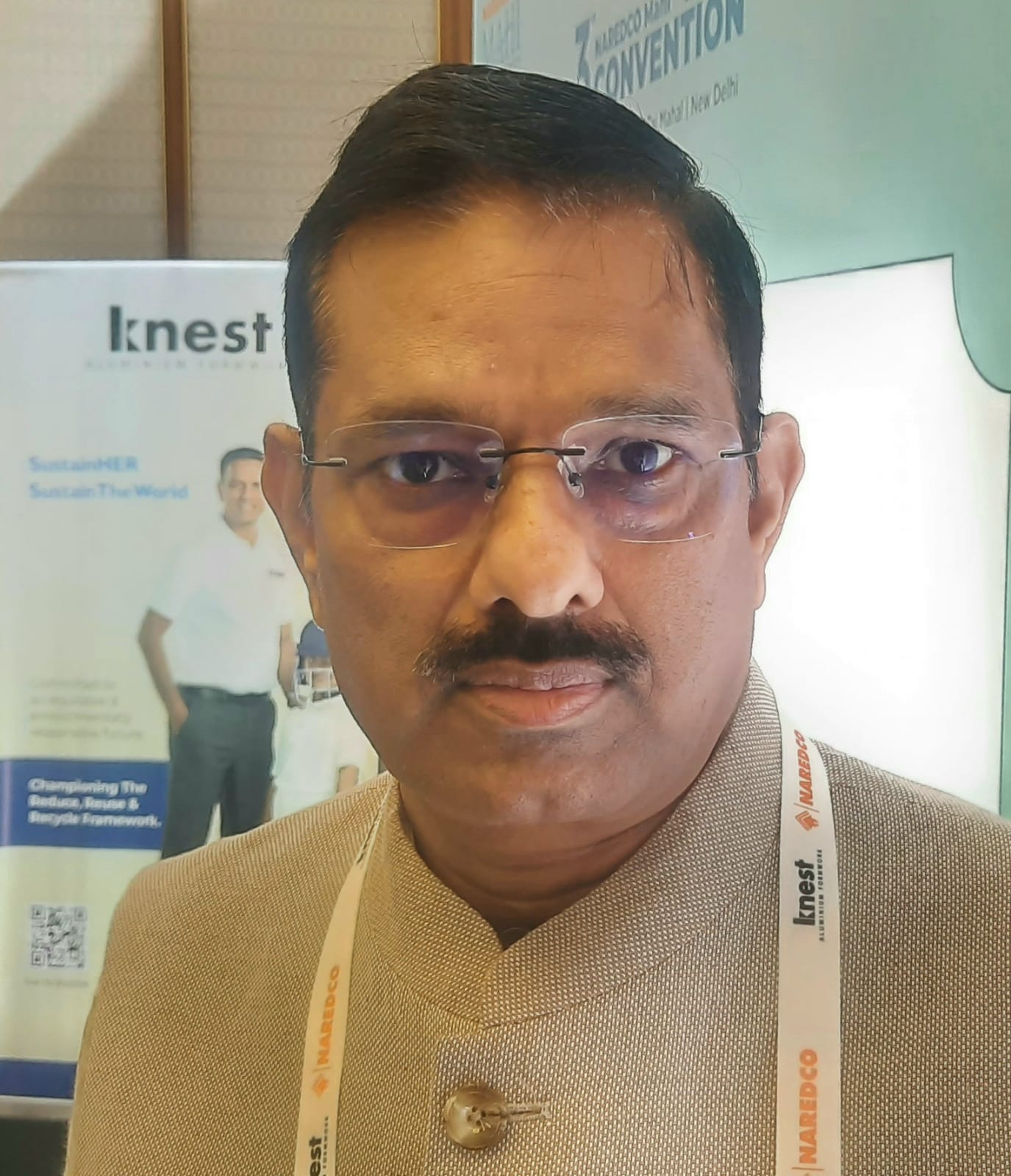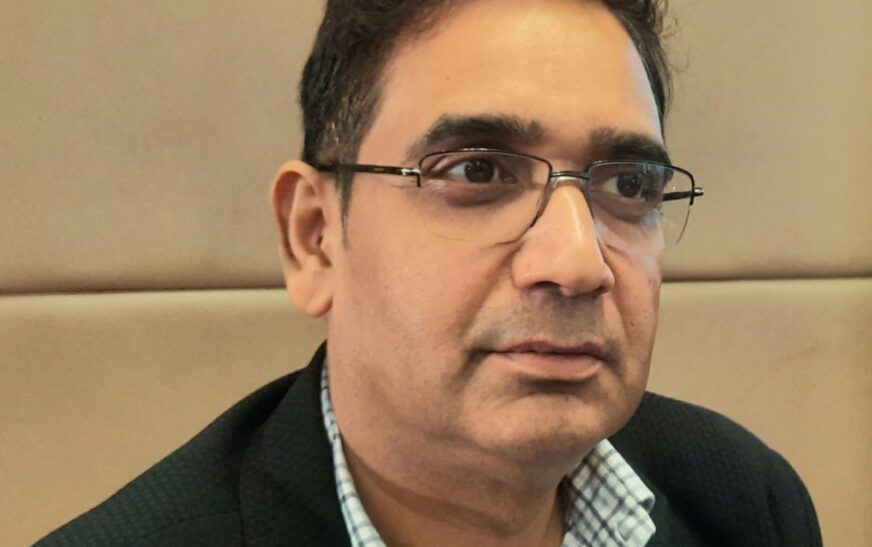Avinash Mishra, the illustrious Chairman of the Water Audit Council, is celebrated for his profound expertise in water resource management and policy formulation. With a distinguished career that spans several decades, he has been instrumental in shaping India’s water policies and championing sustainable practices.
Before his current position, Mishra served as an Advisor at NITI Aayog, India’s premier policy think tank. There, he played a pivotal role in strategizing and implementing critical national initiatives. His tenure was marked by significant contributions to water resource management, environmental and forestry issues, climate change, and projects related to tourism and culture. Mishra was the driving force behind numerous high-impact policies to improve water efficiency, conservation, and equitable distribution.
In his present capacity at the Water Audit Council, Mishra fervently advocates for comprehensive water audits to enhance transparency, accountability, and efficiency in water usage across various sectors. His leadership is indispensable in addressing India’s water challenges, ensuring sustainable water management practices, and safeguarding water resources for future generations.
In an exclusive dialogue with The Interview World, Avinash Mishra elucidates global concerns surrounding water scarcity, delves into the intricacies of water balancing, explores the environmental impacts of such practices, and shares his insights on water harvesting techniques. Here are the key insights from his interview.
Q: Given the global concerns surrounding water scarcity, what strategies and initiatives is India implementing to address its water challenges in the future?
A: We must elevate our concern for water, our most indispensable natural resource. The ramifications of water scarcity are profoundly dire, with the potential to wreak havoc across various sectors. It is noteworthy that a substantial 51% of our GDP emanates from the service sector, which is inherently dependent on an uninterrupted water supply. The functionality of offices and residential buildings is inextricably linked to this vital resource, and any disruption could precipitate widespread disarray.
In the event of water deficiency, the situation will escalate precipitously. The resultant contamination will proliferate, engendering a surge in waterborne diseases and myriad health hazards. The ensuing ripple effects will permeate through the economy and society, exacerbating extant issues and engendering new challenges of considerable magnitude.
Thus, the exigency of effective water management cannot be overstated. Presently, our water management practices are woefully inadequate and necessitate immediate and comprehensive enhancement. We must institute rigorous water management protocols for all constructed environments. It is incumbent upon us to mandate that every new edifice undergoes a meticulous water audit, ensuring adherence to stringent conservation and usage standards. The acquisition of a water audit certification must be rendered obligatory for all new constructions. By undertaking these resolute measures, we can safeguard our invaluable water resources and ensure a sustainable and prosperous future for our communities and economy.
Q: Could you elaborate a bit on water balancing?
A: Water balancing is imperative as we typically utilize a mere 20% of supplied water, while the remaining 80% is wantonly contaminated, polluting our delicate ecosystems. Halting this cycle is paramount. We must implement rigorous strategies for water treatment and reuse. Though unsuitable for primary functions such as drinking and cooking, reclaimed water can serve secondary purposes effectively. Universal enforcement of these measures is non-negotiable for sustainable water management and conservation of freshwater resources. These actions are crucial to uphold water quality and protect our environment for posterity.
Q: What are the environmental impacts of this activity?
A: In the foreseeable future, copious water resources shall sustain ecosystems and biodiversity, crucially preserving the natural ecological equilibrium within river systems. Alas, our current practices have led to rampant pollution of rivers, groundwater, ponds, lakes, and tanks, precipitating the severe degradation of these vital water sources. To counter this crisis, imperative steps must prioritize a shift toward comprehensive water recycling and reuse strategies. Implementation of such measures shall effectively restore water volumes and foster sustainable water management practices. This proactive approach not only safeguards our natural habitats but also fortifies resilience against impending water scarcity challenges.
Q: What are your thoughts on the importance and impact of water harvesting practices in addressing water scarcity and promoting sustainable water management?
A: Water harvesting is indispensable for urban habitats. Stored efficiently, harvested water can sustain our summer water requirements for up to two months—an ancient practice we have sadly forsaken. Presently, our groundwater recharge efforts are woefully insufficient, posing a grave challenge. We must abandon our current approach and embrace proactive collection and efficient utilization of harvested water. This paradigm shift promises a sustainable solution to our pressing water management dilemmas.










